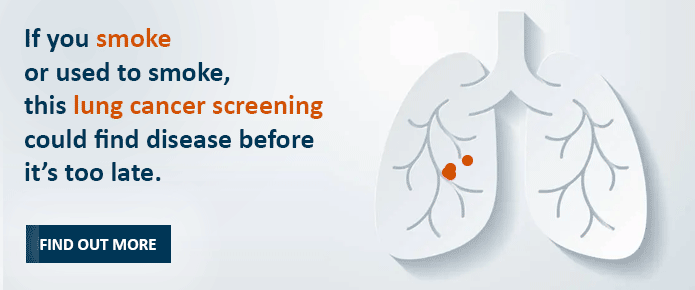
Storm water and debris can create dangerous conditions and the threat of illness and injury. Proper precautions can safeguard your health.
Cleanup Precautions
- When cleaning up storm-damaged areas, be sure to wear protective clothing and sturdy shoes to prevent cuts and scratches from debris.
- Do not let children play in floodwater, and discard any items that come into contact with floodwater.
- Mold can become a problem in parts of your house or building exposed to storm water or flood water. About mold and mold removal
- Tetanus vaccination is recommended if it's been 10 years or more since you were last vaccinated. In the event of a puncture wound or wound contaminated with floodwater, individuals should consult a healthcare provider. Tetanus vaccinations are available at all county health departments.
Food Safety: Preventing Food-Borne Diseases
- The Mississippi State Department of Health advises throwing away all fresh food including fruits, vegetables and other produce that may have come into contact with storm waters.
- Throw away all screw cap or crimp cap containers that may have been submerged.
- Discard any cold or cool food that has warmed. Food that is still frozen or cold (45 degrees Fahrenheit or less) is safe to prepare.
- MSDH advises that individuals should not eat any food that may have come into contact with contaminated water from flooding or storm water.
- Commercially prepared cans of food should not be eaten if there is a bulging or opening on the can.
- Undamaged, commercially canned foods can be saved if you remove the labels and then disinfect the cans in a bleach solution. Use ¼ cup of bleach in one gallon of water; re-label the cans including expiration date and type of food. Assume that home-canned food is unsafe.
- If you are not breastfeeding, infants should be fed only canned baby formula. Use only boiled water when preparing formula.
Preventing Waterborne Illness
In times of severe weather or flooding, any loss or significant drop in your water pressure, even if it is brief, means that your water supply could be contaminated by groundwater. If you notice an interruption, loss of pressure, or significant drop in pressure in your water service, follow standard boil-water precautions below. If you are unsure of the safety of your water, contact your water supply operator.
If your area is officially notified that emergency water purification is necessary, MSDH advises the following:
- Vigorously boil water for at least a full minute before using.
- Treat chemically by adding unscented chlorine bleach in these amounts: two drops of bleach for each quart of clear water or four drops of bleach for each quart of muddy or dirty water. Let the water stand at least 30 minutes before using.
- Basic hygiene is very important during this emergency period. Always wash your hands with soap and water that has been boiled or disinfected before eating, after toilet use, after participating in cleanup activities and after handling articles contaminated by floodwater or sewage.
- Flooding that occurs after the hurricane may mean that water contains fecal matter from sewage systems, agricultural and industrial waste and septic tanks. If you have open cuts or sores exposed to the floodwater, keep them as clean as possible by washing them with soap and clean water. Apply antibiotic ointment to reduce the risk of infection. If a wound or sore develops redness, swelling or drainage, see a physician.
- Do not allow children to play in floodwater. They can be exposed to water contaminated with fecal matter. Do not allow children to play with toys that have been in floodwater until the toys have been disinfected. Use ¼ cup of bleach in one gallon of water.
- Homeowners impacted by flooding who do not receive their water supply from a public water system regulated by the MSDH should have their private well inspected, disinfected and sampled in order to protect their health. See our step-by-step instructions on disinfecting your private water well.
Power Outages: Preventing Fire Hazards
- Using battery-powered lanterns and flashlights is preferable to using candles.
- If you must use candles, make sure you put them in safe holders away from curtains, paper, wood, or other flammable items.
Carbon Monoxide
Carbon monoxide is an invisible, odorless, tasteless gas, and is highly poisonous. Take the following precautions to help prevent carbon monoxide poisoning:
- Only use grills or generators outdoors. Do not use grills or generators inside a house, garage or any enclosed space.
- Symptoms of CO poisoning may include fatigue, weakness, chest pains for those with heart disease, shortness of breath upon exertion, nausea, vomiting, headaches, confusion, lack of coordination, impaired vision, loss of consciousness, and in severe cases, death.
- If you suspect you are experiencing any symptoms of CO poisoning, open doors and windows, turn off gas appliances and go outside. In cases of severe CO poisoning, call 911 emergency services or the Mississippi Poison Control Center at 1-800-222-1222.

